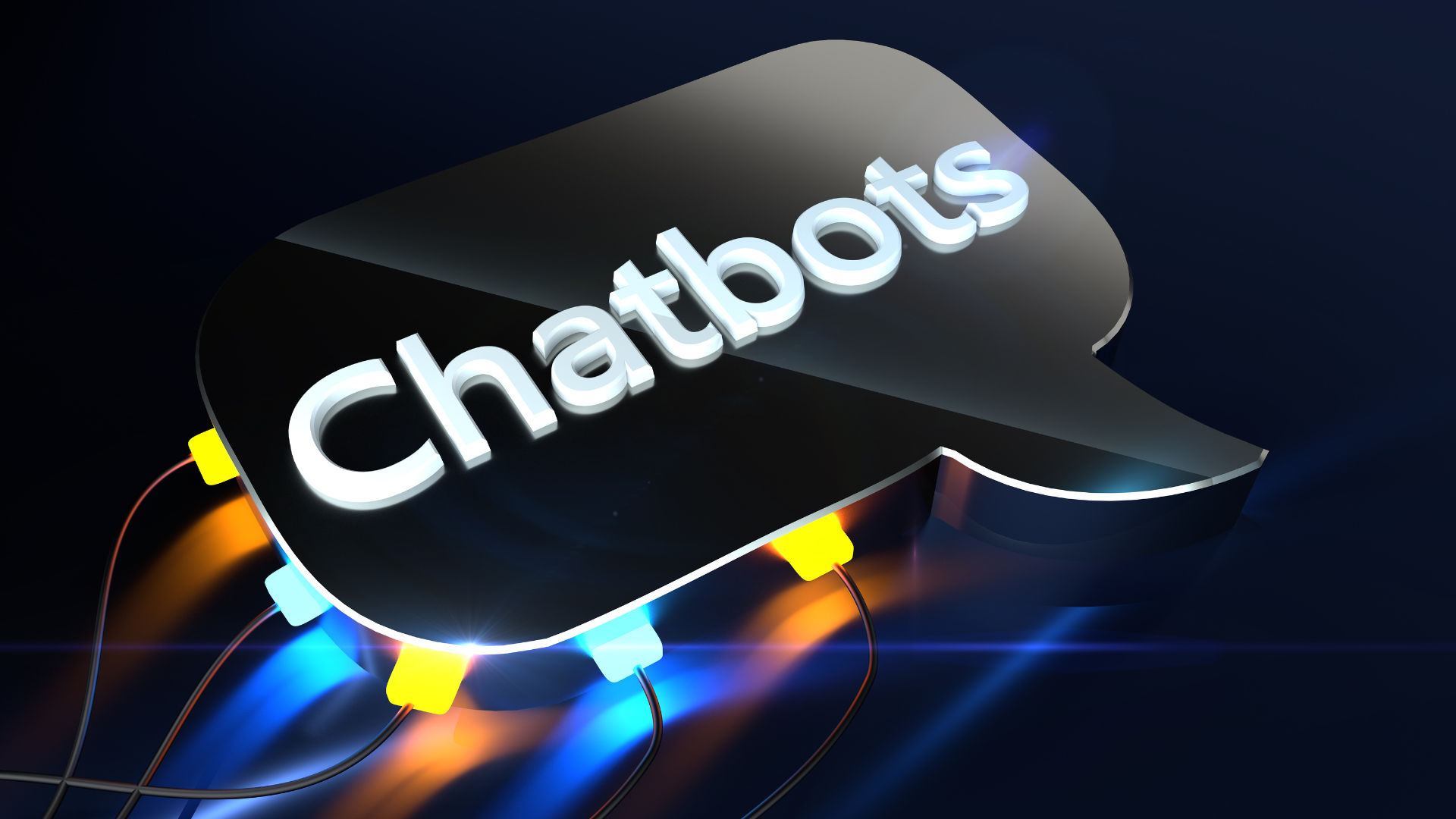Conversational marketing is a trend growing in popularity as businesses try to connect with customers personally. Chatbots are the newest way for companies to market their brand, and with the help of AI-powered software, they can have more conversations take place than ever before.
What are Chatbots?
Chatbots represent artificial intelligence that facilitates user interactions with digital agents, streamlining tasks such as customer service and appointment scheduling. Their efficiency lies in automating routine functions and enhancing customer interactions. The best part is that companies like Stackbear specialize in empowering businesses to develop intelligent chatbots capable of addressing inquiries related to their products or services. These smart chatbots serve as virtual assistants, providing information, guidance, and assistance, ultimately improving the overall user experience.
Benefits of Chatbots
Chatbots can provide many benefits to businesses, including increased customer satisfaction and loyalty, reduced customer service costs, and more accurate marketing targeting.
A study by eMarketer found that 82 percent of US adults use messaging apps at least once daily. This allows businesses to reach customers through chatbot interactions rather than traditional phone calls or emails. In fact, according to a report by firms like Accenture and Deloitte, 45 percent of all customer engagements will be conducted through chatbots by 2025.
Chatbots can help businesses improve customer satisfaction by providing an easier way for customers to interact with companies. For example, if a business offers a chatbot that helps customers order food, the bot can answer questions about the menu and make recommendations. This can save customers time and money.
Another benefit of chatbots is that they can reduce customer service costs. For example, if a company has multiple branches, chatbots can help employees in each branch handle customer interactions without having to contact headquarters for instructions. This saves time and money for the company.
Chatbots also offer businesses more accurate targeting capabilities when advertising online. For example, a company could target people who have mentioned wanting to buy a product similar to the one being advertised on Twitter or Facebook. This allows businesses to reach potential customers more efficiently and effectively than ever before.
Challenges With Chatbots
Chatbots have a few challenges, the foremost of which is that they’re not always as effective as human customers. For example, chatbots can be slow to respond and often don’t understand complex language. In addition, chatbots tend to struggle with difficult questions or requests since they lack a human-like understanding.
Another challenge is that chatbots are only as good as the data they are trained on. If the information is outdated or incorrect, the chatbot will likely miss important details and will not be able to provide relevant suggestions or answers. Additionally, if there is no user manual for a particular bot, users may have difficulty figuring out how to use it effectively.
Despite these challenges, many businesses believe that chatbots will play an increasingly important role in their marketing strategies in the future. They offer several advantages over traditional forms of marketing, such as scalability and automation, which make them ideal for high-volume customer interactions such as those seen on social media platforms.
The Future of Conversational Marketing
There is no doubt that the future of conversational marketing lies in chatbots. Chatbots are computer programs that can record, understand and respond to questions. They are becoming increasingly more popular as they become increasingly capable, making them ideal tools for customer service and automated interactions.
One of the most popular chatbots is Chat GPT, which represents a groundbreaking AI language model created by OpenAI. It is endowed with the ability to produce human-like replies across various natural language inputs. This innovative AI model finds application in diverse areas, including generating content, customizing experiences, verifying facts, powering chatbots, and facilitating translation. Want to know how it works? A simple prompt: “How To Use ChatGPT” will provide you with enough information on the internet to know the process.
Chatbots have several benefits for businesses. They can be used to automate customer interactions, reducing the time spent on customer service tasks. In addition, they can help companies to target their advertising more effectively by understanding user preferences.
Finally, chatbots can help businesses build customer relationships by providing them with a personalized experience.
Talking Shop with Chatbots
Chatbots have come a long way in the past few years, and there’s no doubt they’re here to stay. They provide an easy way for businesses to engage with their customers and create more personal relationships. Not only are chatbots great for customer service, but they can also be used for marketing purposes.
By using chatbots, businesses can learn about their customers and target them specifically with offers and messages. So if we’re looking to take our marketing strategy up a notch, consider incorporating a chatbot into one’s campaign.

